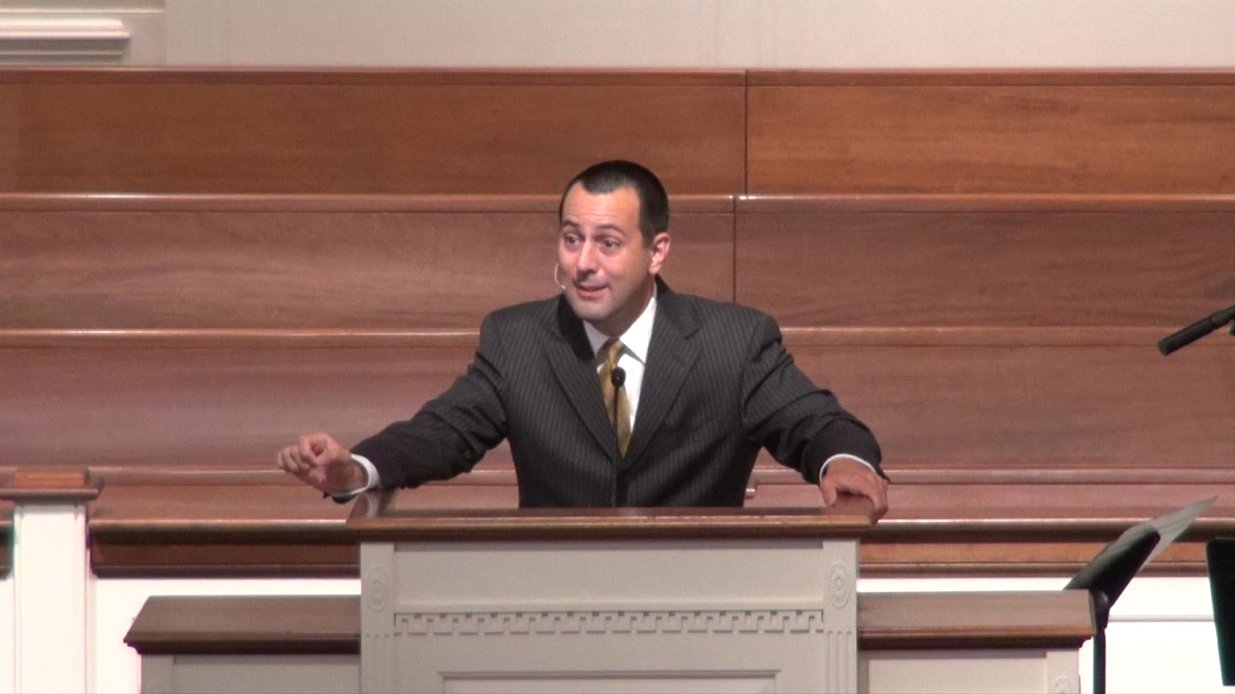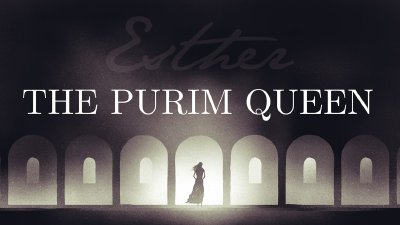APPLICATION QUESTIONS:
• What, if any, is the significance that Mordecai was a Jew and Haman was an Agagite?
• How did God use Mordecai and Esther’s positions for good? How can your position and influences be used for good?
• Is randomness like casting lots (Esther 3:7) antithetical to God’s sovereignty? Why or why not?
• How must God’s people receive persecution in light of his providence?

Esther: Plots and Providence
August 23, 2015 • Michael Wilburn
Esther: Redemption and Rejoicing
October 4, 2015 • Michael Wilburn
APPLICATION QUESTIONS: • Compare and contrast Mordecai's edict (8:9-12) from Haman's edict (3:12-15)? What are the similarities and differences? • Why couldn't King Ahasuerus "revoke" (vs. 5) Haman's edict? • Is redemption a simple undoing of evil already done? Why or why not? • According to Esther 8:9 how many months remain until the final resolution? What possible reason explain divinely purposed delays?
Esther: Villain and Vindication
September 27, 2015 • Michael Wilburn
APPLICATION QUESTIONS: • What lessons can be learned from Esther 7 about living as a believer in a secular environment? • In what ways do you feel unchristian if you have enemies? How can you determine if your enemy is God’s enemy or one of your own creation? • How does King Ahasuerus respond in verse 5? What does the king’s reaction show about Haman’s plot? • Consider the relationship between Esther and Mordecai (8:1)? Who is like family to you? Who can teach, challenge, and warn you?
Esther: Request and Recognition
Michael Wilburn
APPLICATION QUESTIONS: • What signs of self-centeredness appear in Haman? • What signs of self-centeredness are troublesome for you? • How is the king’s sleepless night woven into God’s providence? • Does timing factor into your decision-making? How does timing reveal God’s purposes in Esther 5-6? • How do you react to honor delayed (Mordecai) or honor given to another (Haman)?






